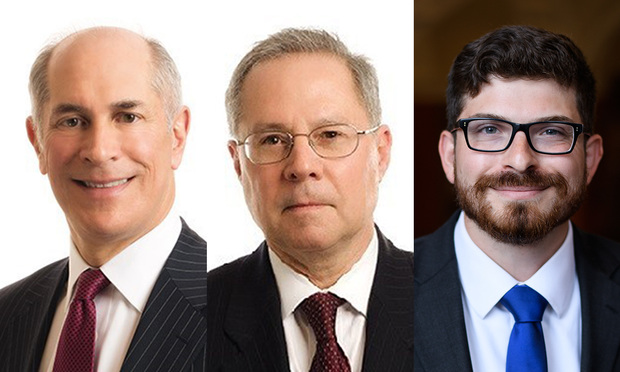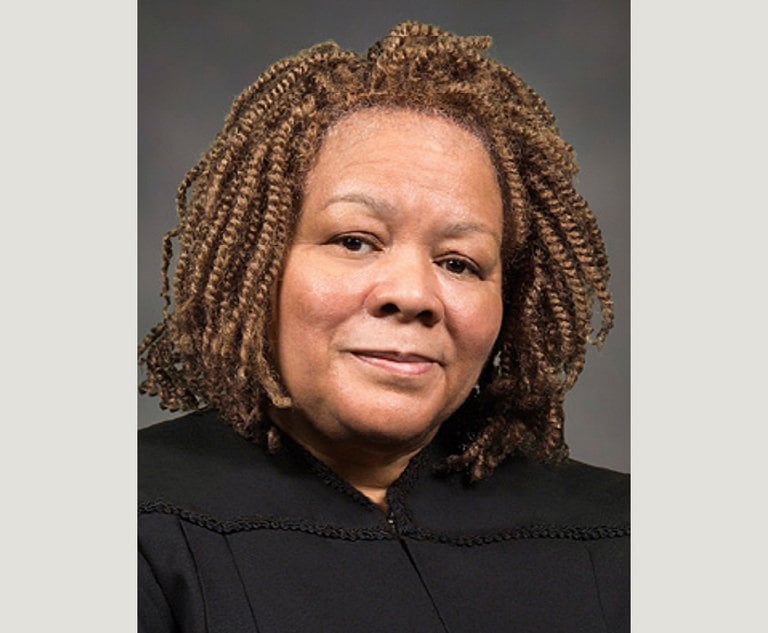When a public company discloses bad news, often its stock price declines and shareholders’ investments similarly decline. In some cases, shareholders will seek to recoup that loss by suing the corporation and its officers and directors under Section 10(b) of the Securities Exchange Act (Exchange Act). This law, and SEC Rule 10b-5 which was promulgated thereunder, allow claims against corporations and their officers and directors for making materially misleading statements about the company. This protects shareholders from corporate officers telling half-truths or lying to influence their investment decisions. Multiple issues arise, however, when the claims are based on allegedly misleading statements projecting the future success of the company.
Recently, the Third Circuit was faced with this problem. Shareholders sued based on statements a company made about its prospective business that did not turn out as expected. In a nonprecedential opinion, the court held that such claims should be dismissed absent other allegations that the company knew its claims were unsupported at the time it made the statements. See, In re Newell Brands, Inc. Securities Litigation, No. 20-1292, 2020 U.S. App. LEXIS 37461 (3d Cir. Dec. 1, 2020). The fact that a company makes hopeful statements about its future which do not pan out is insufficient standing alone to state a Section 10(b) claim.


 (L to R) Jay Dubow, Robert Hickok and Julian Weiss of Troutman Pepper (Photo: Courtesy Photo)
(L to R) Jay Dubow, Robert Hickok and Julian Weiss of Troutman Pepper (Photo: Courtesy Photo)




